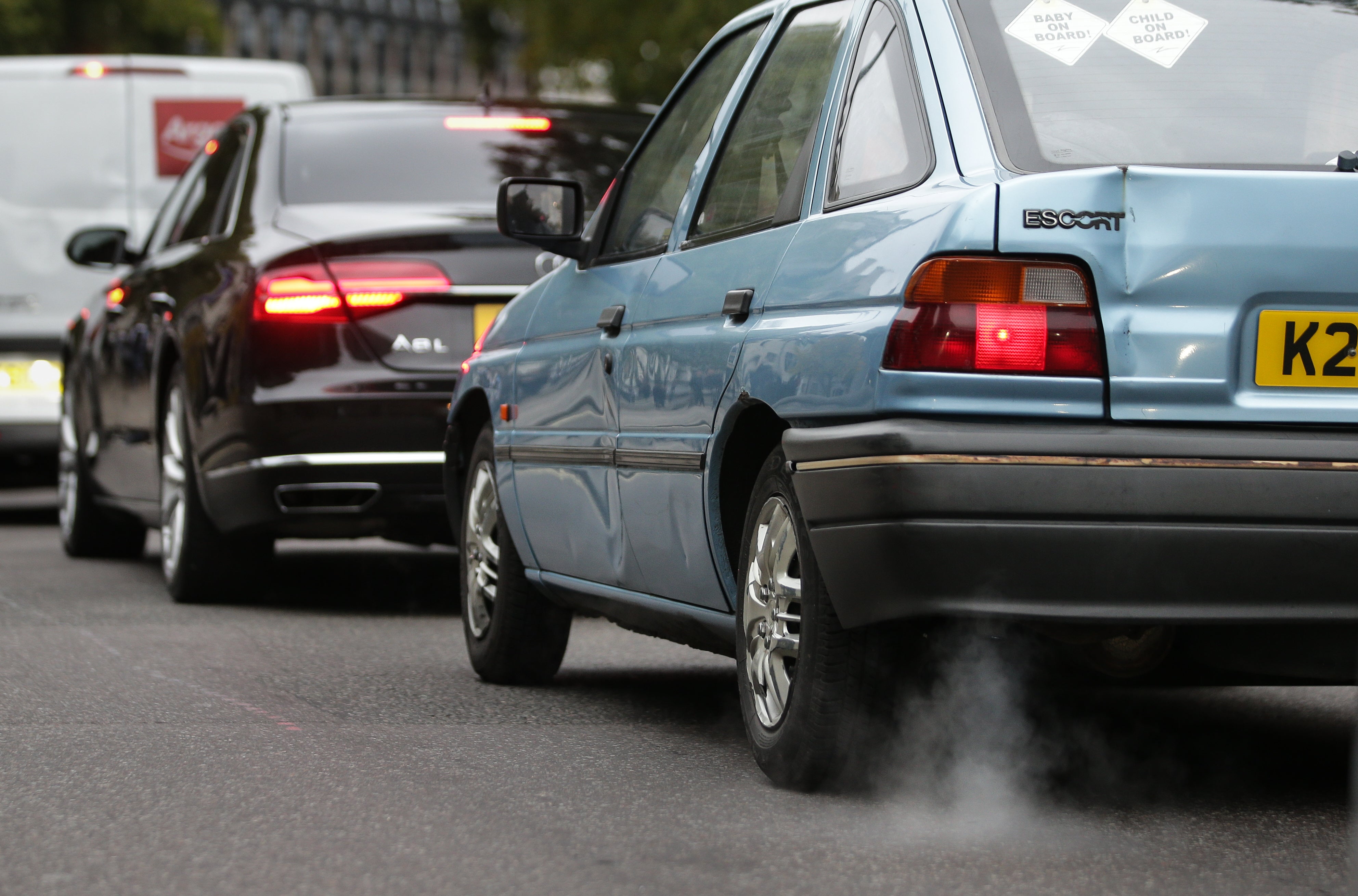Exposure to air pollution linked to greater risk of Covid-19 hospitalisation, report finds
Mayor of London says findings show dangers of dirty air cannot be underestimated

A person’s previous exposure to air pollution may mean they are more likely to need hospital treatment if they catch Covid-19, a new report has found.
Researchers from Imperial College London have found a link between people’s exposure to polluted air and how ill they will become if they contract Covid-19.
The report, which was commissioned by the Mayor of London and led by Imperial’s Environmental Research Group, saw scientists evaluate studies from all over the world.
They found exposure to air pollution prior to the pandemic not only increased the risk of someone requiring hospitalisation if they contracted the virus but also increased their likelihood of falling ill in the first place.
The findings come from a small number of studies that found when animals inhaled pollutants the amount of protein that the coronavirus attached to in their lungs increased. It also draws on the growing evidence linking air pollution and heart and lung disease, sufferers of which are more likely to be sicker if they catch Covid-19.
The Mayor of London, Sadiq Khan, has said the review makes it “crystal clear” that tackling air pollution is crucial to helping communities build reslilence to Covid-19.
He said: “We already know that air pollution is linked to life-changing illnesses, such as cancer, lung disease and asthma. But until now previous studies have underestimated the role air pollution plays in infectious diseases like pneumonia, bronchitis and most recently Covid-19.
“This new review led by Imperial researchers makes it crystal clear that tackling air pollution is a vital part of building our resilience to Covid-19, and other infections like it. The decisions we make now to tackle air pollution are truly a matter of life and death.
“We cannot turn a blind eye to the clear evidence showing the dangers of toxic air pollution. That’s why I’m committed to expanding the Ultra-Low Emission Zone next month, and why I will continue to take the bold action necessary to eradicate pollution from our city.”
Both air pollution and Covid-19 are known to compound existing inequalities in society.
Previous research has shown that those exposed to the worst air pollution in the capital are more likely to be deprived Londoners from low income backgrounds.
While those living in areas with high levels of pollution are also disproportionately likely to be from Black, Asian and minority ethnic communities.
Multiple studies have also found that people from Black, Asian and minority ethnic backgrounds in the UK are disproportionately affected by Covid-19.
Professor Paul Plant, Public Health England’s deputy director for London, welcomed the review’s findings.
He said: “Poor air quality particularly affects people who are more vulnerable to respiratory harm including those with heart and lung disease, children and the elderly, and exacerbates health inequalities.
“Improving air quality is crucial to reducing the health impacts of air pollution across London and will help people live longer, healthier lives beyond the pandemic.”
Subscribe to Independent Premium to bookmark this article
Want to bookmark your favourite articles and stories to read or reference later? Start your Independent Premium subscription today.

Join our commenting forum
Join thought-provoking conversations, follow other Independent readers and see their replies